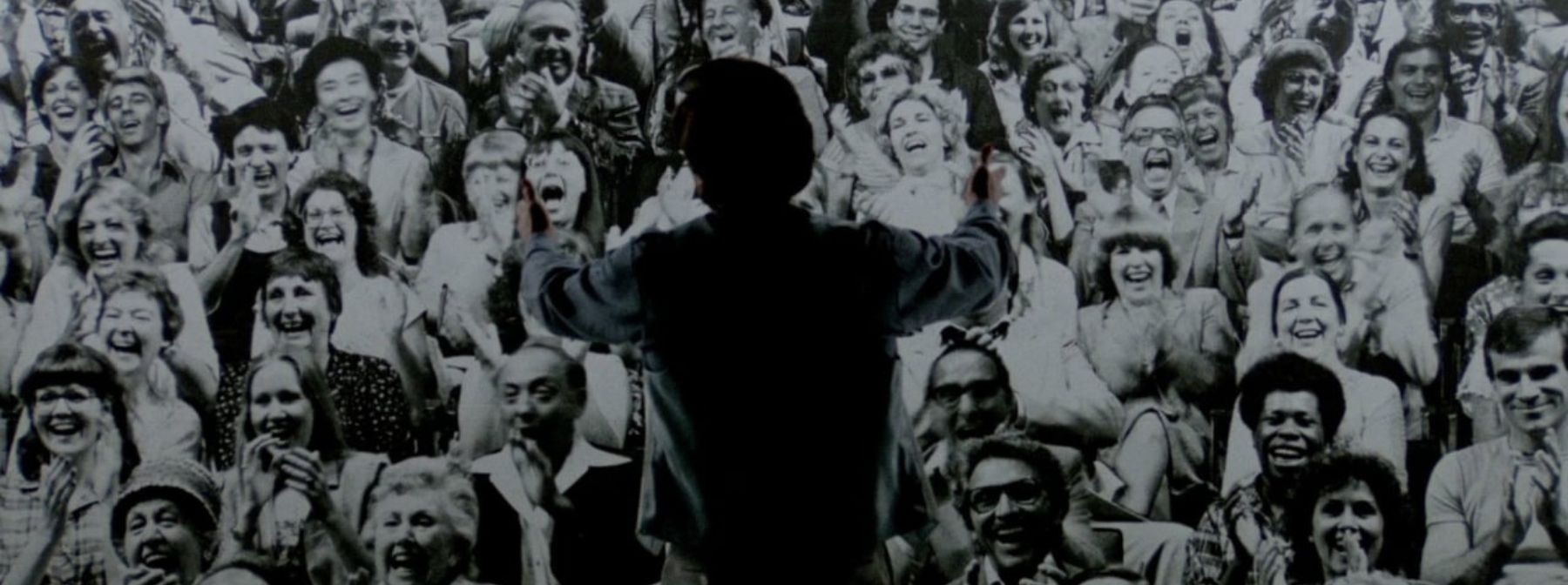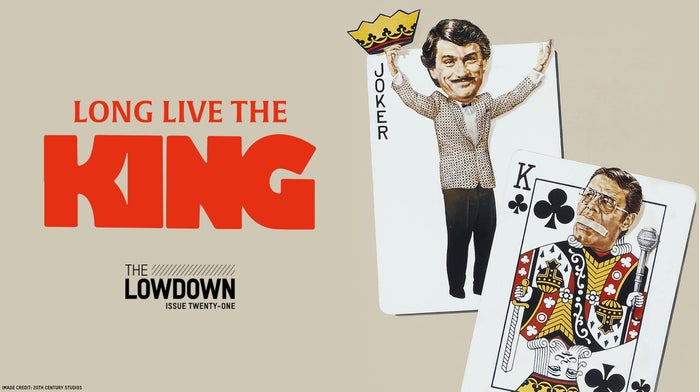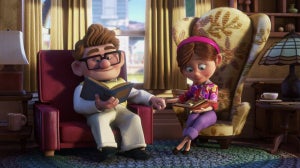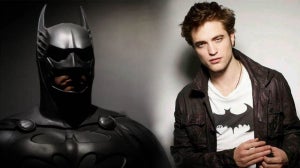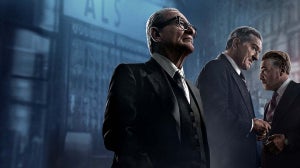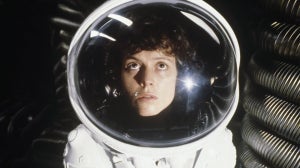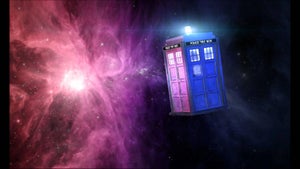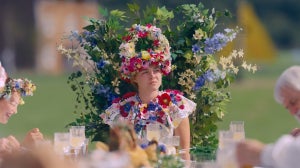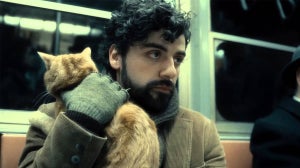
On New Year’s Eve 1983, Martin Scorsese was getting ready to attend a party.
With the TV on in the background as he put on his suit and tie, Scorsese heard the host of Entertainment Tonight deliver a tease for what was coming up after the break: “the biggest flop of the year.”
Intrigued, the director stopped what he was doing, wondering what could have claimed this dubious accolade – to his dismay, it was revealed to be his own film The King Of Comedy.
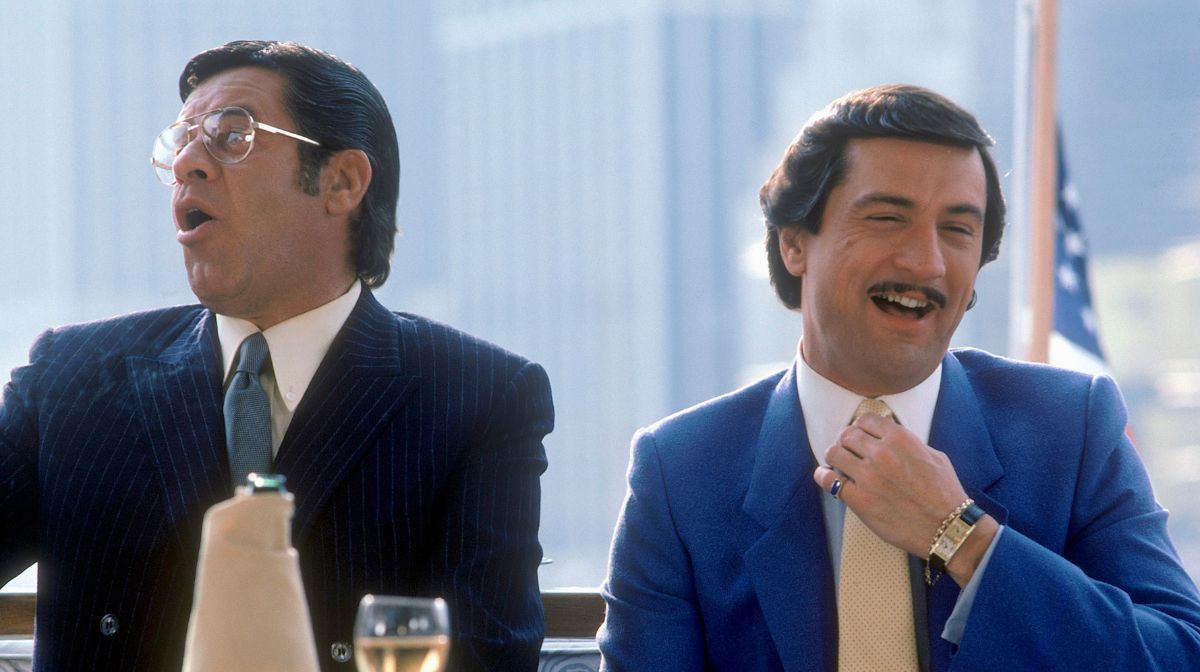
Scorsese’s fifth collaboration with Robert De Niro has had such a reclamation in pop culture that it’s easy to forget its initial trajectory.
As his much-hyped follow-up to the Oscar-winning Raging Bull, Hollywood had major box office expectations for the dark comedy, which stalled right out of the gate.
Despite positive reviews, it limped to a paltry $2.5 million box office, getting nowhere close to making back its hefty-at-that-time $19 million budget, making Scorsese a pariah in the industry seemingly overnight.
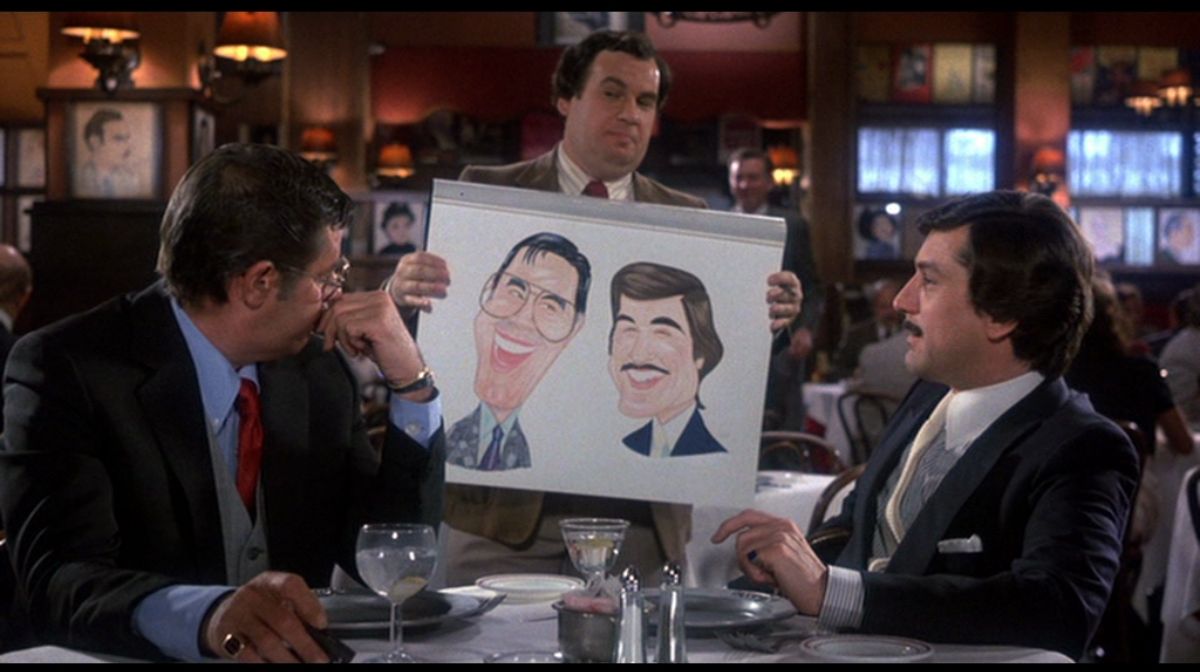
Suddenly, his adaptation of The Last Temptation Of Christ had its funding revoked and he had to make his following film (1985’s After Hours) independent of the studio system.
In the years since, The King Of Comedy’s reputation has rebounded from being Scorsese’s most underrated effort to one of his most celebrated, with its influence rivalling that of Taxi Driver and Goodfellas.
Without it, Todd Phillips wouldn’t have had a template for his Joker origin story, a film whose billion-dollar box office proves that the New York maestro’s takedown of those obsessed with fame was simply ahead of its time.
In the latest edition of our free digital magazine The Lowdown, we looked at how the film's satire might have been too raw for its era, and how it eventually became championed as one of Scorsese and De Niro's best collaborations.
For all things pop culture, follow us on Facebook, Instagram, Twitter, and TikTok.

